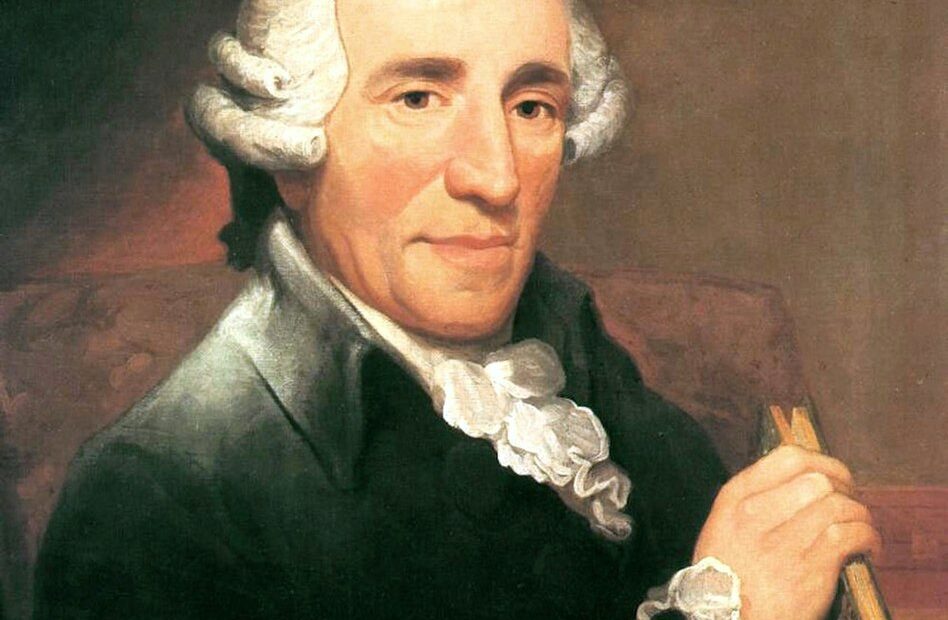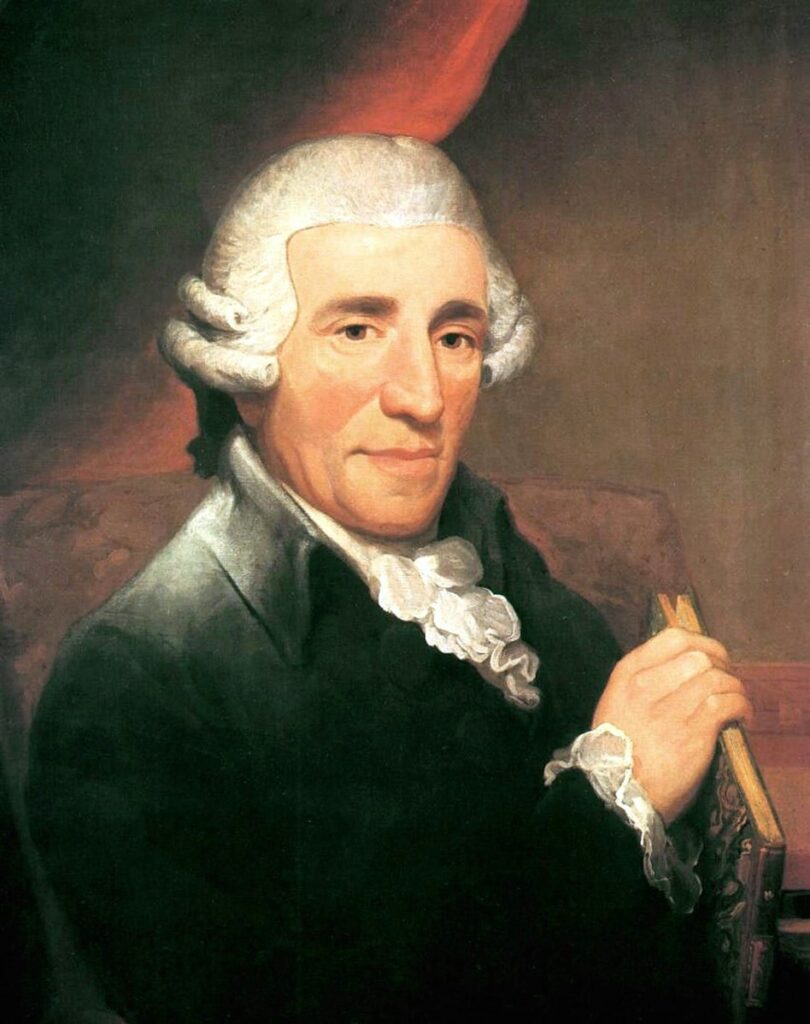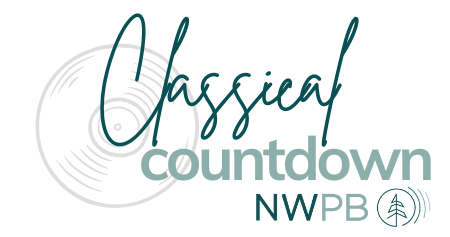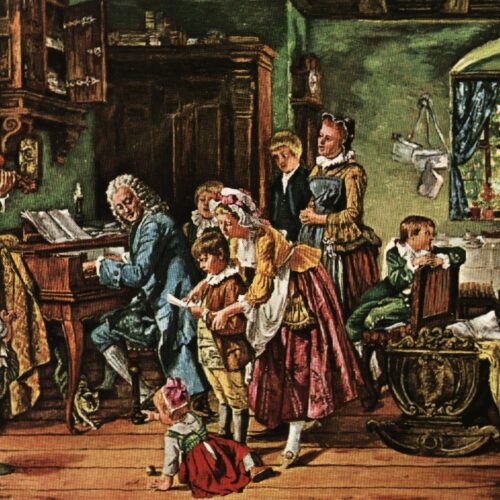
Where Did ‘Papa’ Haydn Get His Nickname?

Joseph Haydn – often called the father of the symphony and the string quartet, teacher to many and all around good-natured man. To this day, he still wears the nickname “Papa Haydn” – but where did it come from?
Haydn earned the name “Papa” in many ways. He cared deeply for his students and musicians in orchestras. He was a patient, gentle, and good-humored teacher. He was also a prolific composer and earned a reputation as the finest of his time – recognition that has lived on to this day. He also contributed so much to the mediums of the string quartet (he wrote 68!) and the symphony (106!), he is often called the “father” of both genres.
One of his best loved symphonies, “Farewell,” is a great example of both his humor and his caring nature. After a season that had gone on too long, Haydn decided to send a goofy reminder to his patron, Prince Esterhazy, that it was high time the musicians be released and allowed to return home. The last movement slowly decreased in the amount of players, and the musicians actually left the stage during the performance. Luckily, the message was received and the musicians were released for the season.
Related Stories:

Dedicate Classical Music To A Special Someone This Valentine’s Day
Music can express and inspire so many emotions. That makes it a perfect way–a “heartfelt” way–for you to show your love and appreciation to someone who plays an important role in your life.

Vote For Your Favorite Music In NWPB’s Classical Countdown
What is your favorite symphonic movie score? Your favorite aria or overture? Whether it’s a well-known composition by Bach or Beethoven, or a hidden gem by a lesser-known composer, NWPB wants to know what pieces resonate with you.

Women’s History Music Moment: Bach’s Daughters
You’ve heard so much about the sons of Johann Sebastian Bach, but there were daughters, too.
Bach was 23, and his wife Maria Barbara was 24, when the first of their children was born. They named her Catherina Dorothea. CD grew into a singer, and helped out in her father’s music work. Fifteen years passed, her mother died, her father remarried, and finally, CD Bach acquired a sister: Cristina Sophia Henrietta, daughter of Johann Sebastian and Anna Magdalena Bach. CSH died at the age of three, just as another sister, Elizabeth Juliana Frederica, was born. EJF Bach would grow up to marry one of her father’s students.















